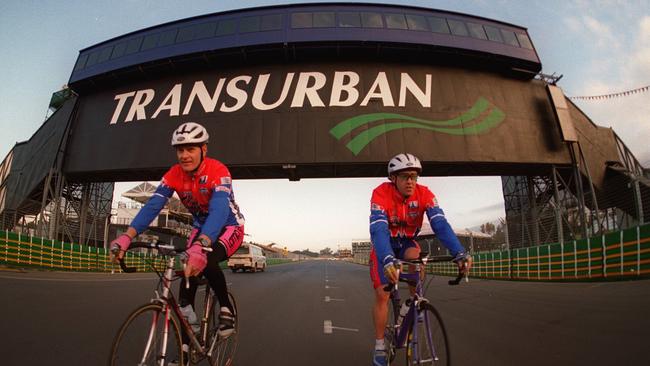
On both historical and forecast returns, Australian shares and their thumping average dividend yield of 5 per cent can mount a decent challenge to the current erosion of spending power.
What’s more, if investors concentrate exclusively on fully franked shares then they effectively boost the dividend yield to around 6.5 per cent.
Australian dividends are exceptional – they are more than twice what similar listed companies can offer on Wall Street. Better still, our softer sharemarket level has pushed the dividend yield higher – by around a full 1 per cent since the start of the year.
At its best a strong dividend yield should underpin a better overall return for the year. In his latest forecasts, AMP Capital chief economist Shane Oliver predicts that Australian shares will deliver the promised 5 per cent dividend yield plus capital (ie share price) growth of 3.7 per cent over the medium term. Add in franking benefits and the total return is 10.2 per cent.
On that basis Australian shares not only beat inflation but beat all rival asset classes in the near future, which is no mean feat, The closest rival on an international basis is Asian shares (ex Japan) with a total return estimate of 9.7 per cent, followed by global shares with a total return of 7.5 per cent.
Easy so far. But the issue with any sharemarket outlook is that the goalposts keep moving.
In our home market the main risk is that the exceptional dividends being thrown off by the big miners will fade in the near future which will require investors to find alternative stocks to take their place.
The problem is quite stark – mining stocks only represent about a fifth of the wider market in terms of capitalisation, but in terms of dividend returns they make up about 40 per cent of the pie. Analysts at Wheelhouse Partners have used consensus estimates of a 25 per cent cut in mining dividends off the back off lower commodity prices to estimate this drop will dilute the wider average dividend yield to 4.6 per cent.
This is, however, a conservative scenario, and if we add back in franked dividends it still means the ASX returns a “grossed up” dividend yield of more than 6 per cent. And if we assume AMP’s share price improvement of 3.7 then the total return is back up above 9 per cent.
Either way professional investors are getting ready for an inevitable softening of conditions for the miners – especially the big payers BHP, Rio and Fortescue.
Earlier this week, Mark Freeman of the listed investment company AFIC mentioned how the fund was now hunting for non-mining companies with the prospect not just of strong dividends but dividend growth. Over the reporting period AFIC had bought more stock in companies such as JB Hi-Fi, Mirvac and Transurban.
Across the investment spectrum Oliver’s team also forecast a total return of 7.2 per cent for Australian REITS (which do not carry franking). while unlisted commercial property should make 7.3 per cent.
For the very conservative investor who puts security ahead of any attempt to beat inflation the remaining choices will be bonds or cash with very low expected returns – cash 2.5 per cent and Australian bonds 3.2 per cent.
As Oliver explains: “These are medium-term projections that we might expect to see on average over five to ten years – it’s not a guide to the next 12 months.
“The main downside risk to our medium-term projections is that inflation trends even higher driving a further trend rise in interest rates, bond yields and yields on other assets resulting in an ongoing drag on capital growth.”
Putting it all together the conclusion has to be that total returns for Australian shares can be expected to be 8.7 per cent or 10.2 per cent after franking – that should beat just about any inflation we see on current projections.




For investors the single biggest challenge this year will be to make returns that beat inflation – and with the highest levels in 30 years the menu reduces very quickly until the main course becomes Australian shares.